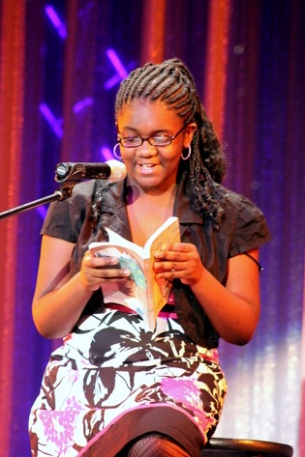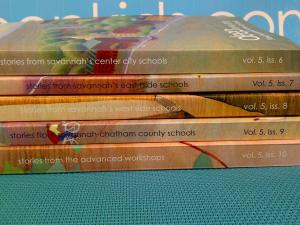We’ve all heard the script for teaching persuasive writing: first, you start with your opinion, or thesis (usually “Schools should allow cell phones!” or something else that the students want to argue). Then, you come up with three or so reasons to support your opinion. Last, you add examples or evidence to support your reasons.
Nearly every humanities teacher gives this spiel at some point in the year. Easy, right? We all know how to teach this, right? WRONG.
This is absolutely the wrong way to teach persuasive writing, and kids who learned to write this way are ruining American democracy.
Whoa, you say, what is your problem? Aren’t you being a little extreme? It’s just a run-of-the-mill persuasive essay!
I don’t think so. Look again at the way we are teaching persuasion: we are teaching our students to form their opinions first, out of thin air, without looking at any evidence, and then to selectively sort evidence to find the information that supports their opinion while discarding any evidence contrary to their opinion. Not only is this an ineffective way to form a convincing argument, but it is also, more importantly, a morally wrong way to make decisions.
This habit of mind–“My opinion is right, so let me look only for information that supports it”–has caused the echo chamber of modern American politics. The fact that everyone is forming their opinions before consulting any evidence, and then filtering their media so that the see only evidence that supports that opinion, means that we are losing our ability to open our minds, to compromise, to grow, to learn. This habit of mind isn’t just foolish; it’s dangerous.
Let’s change the way we teach persuasive writing to include some new steps, so that it now looks like this:
- Ask a question.
- Gather evidence from several sources in support of several different possible answers to that question.
- Evaluate the evidence and use it to form your opinion.
- Write your thesis statement…and you know how to take it from here.
Let’s remind our students that their first thoughts on a subject aren’t inherently valuable–meaningful opinions are something that must be built through hard work, research, and careful evaluation! (And when they form their opinions that way, people will be much more willing to listen to them…)
amzn_assoc_placement = “adunit0”;
amzn_assoc_enable_interest_ads = “true”;
amzn_assoc_tracking_id = “freewritingwo-20”;
amzn_assoc_ad_mode = “auto”;
amzn_assoc_ad_type = “smart”;
amzn_assoc_marketplace = “amazon”;
amzn_assoc_region = “US”;
amzn_assoc_linkid = “b4ebf43493df730cb5733d84008b6b20”;
amzn_assoc_rows = “1”;
amzn_assoc_fallback_mode = {“type”:”search”,”value”:”teaching”};
amzn_assoc_default_category = “Books”;





